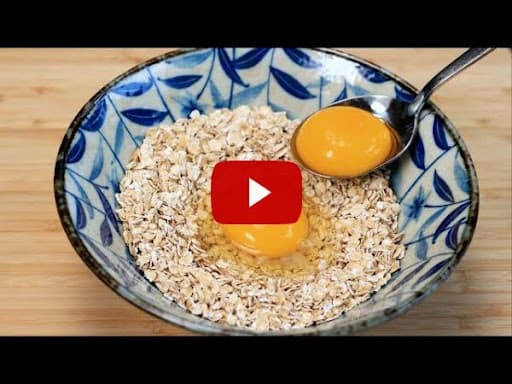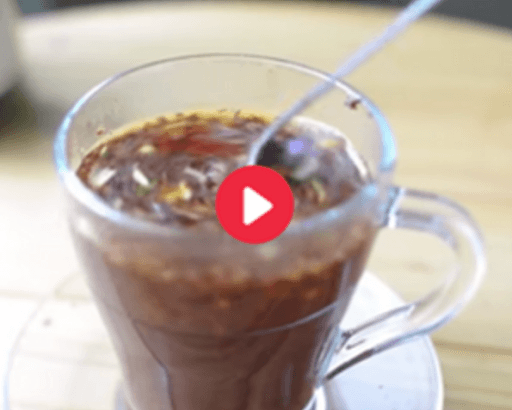This Feeds Chronic Inflammation! - How To Treat Heart Burn, Acid Reflux & Stomach Pain | Rupy Aujla
Gastritis is an umbrella term that describes inflammation of the stomach lining and affects 10 to 15% of the population at some point. Symptoms can range from mild to severe and include stomach pain, nausea, vomiting, loss of appetite, and bloating.
There are two primary types of gastritis: acute, which appears suddenly and resolves quickly, often manageable with over-the-counter treatments; and chronic, which develops slowly and lasts comparatively longer, varying from weeks to months.
The causes of gastritis are varied, with common reasons including microbial infections like Helicobacter pylori, which disrupts stomach balance, and lifestyle factors like excessive alcohol intake and long-term use of NSAIDs. Additionally, autoimmune conditions and stress are recognized contributors.
For diagnosing gastritis, symptoms can guide doctors, with additional tests like a stool test or breath test for H. pylori, endoscopy for visualizing stomach lining abnormalities, and blood tests for detecting autoimmune causes.
The treatment plan usually involves medications like antacids, H2 blockers, or proton pump inhibitors. However, these are designed for short-term use, requiring caution because of possible side effects like heart disease, digestive issues, and nutrient absorption interference.
- Antacids neutralize stomach acids quickly.
- H2 blockers and PPIs reduce acid production, but long-term use carries risks.
Reducing irritants like spicy foods, alcohol, caffeinated drinks, and ultra-processed snacks is essential in minimizing gastritis symptoms. Increasing fiber intake and including soothing foods can bolster gut health.
Incorporating practices like slow eating, regular meals, and physical activities such as post-meal walks can significantly help alleviate gastritis. More so, consciously managing stress through techniques like deep breathing or yoga is suggested as beneficial.
Ginger, peppermint oil, and turmeric show potential in easing functional gastrointestinal discomforts. Each offers natural pathways to address indigestion when coupled with lifestyle modifications.
The conversation around gastritis highlights how interconnected lifestyle and dietary choices are. Seeking medical advice promptly upon symptom flares and setting targeted daily routines can transform one's digestive health journey significantly, allowing individuals to reclaim their comfort and life quality across diverse gastritic conditions.
From Around The Web
Wellness Inbox is a blog & weekly newsletter that curates trending news and products related to health and wellness from around the web. We also gather content from various sources, including leading health professionals, and deliver it directly to you.
Please note that we may receive compensation if you purchase any products featured in our newsletter. Wellness Inbox is not affiliated with, nor does it endorse, any health professionals whose content may appear in our newsletter. The information provided is for general informational purposes only and should not be considered medical advice.
The information provided is not intended to replace professional medical advice, diagnosis, or treatment. All content, including text, graphics, images, and information available is for general informational purposes only. We do not guarantee the accuracy or completeness of any information presented and assume no liability for any errors or omissions. The content is subject to change without notice. We encourage you to verify any information with other reliable sources and consult your physician regarding any medical conditions or treatments.







